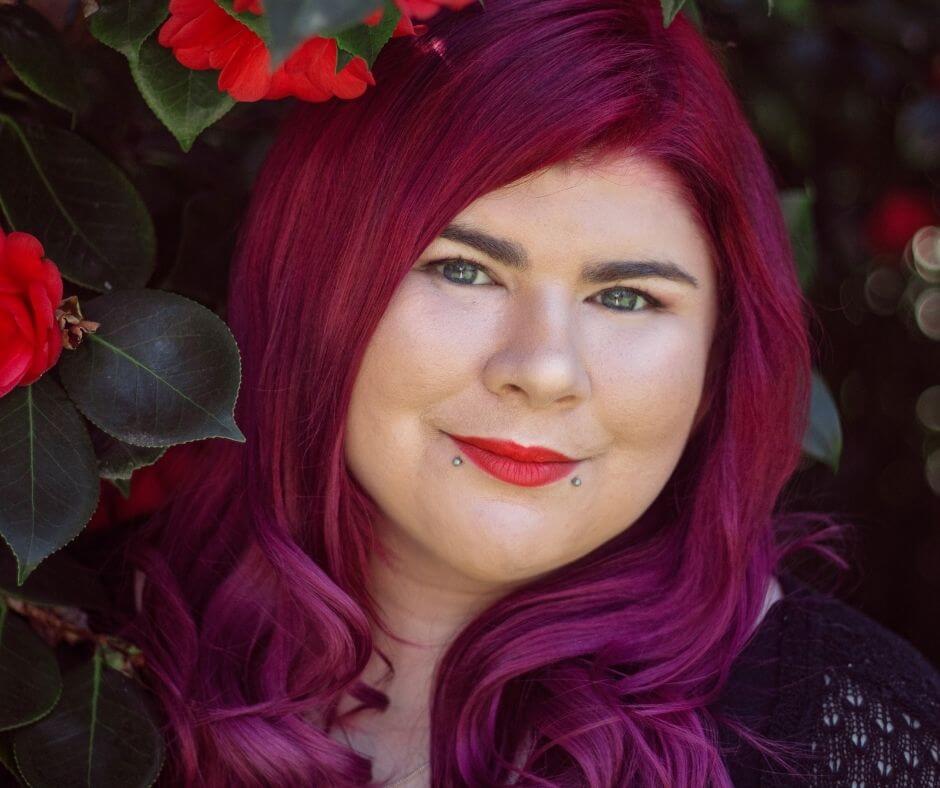By Zoe Simmons
I’ve always wanted to be a leader.
Even back in primary school. I distinctly remember being invited to a leadership day for young people. At the tender age of 12, I looked out from the crowd, watching the person saying inspirational things on stage, and wondered—dreamed—if I could ever inspire others like this person was inspiring me.
To me, that’s what a leader was. Someone who always did their best, and inspired others to do their best too. Someone who was a good role model. Someone who encouraged and supported others. Someone who worked to make a difference in the world. From a young age, it was my dream to help others. To know that because I had lived, another had breathed easier. And I tried really hard to be worthy enough to do so.
But pain changes everything.
Despite my mental illness, I’d lived most of my life in relative privilege. Most of my trials—even though they severely impacted me—were in my mind. That’s not to say they aren’t real: they just can’t be seen. And that in itself affords you a certain level of privilege.
Time after time, I climbed out of my mind cage, pulling myself back up—willing myself to keep moving forward, even when I desperately wanted to cease existing. Even when my emotional pain was so intense, I’d do anything to feel nothing. Because I wanted to show people you can overcome anything, no matter what.
So, I worked hard. In high school, I spent my recess and lunches in the library, studying. University, too, completing my assignments weeks in advance. I did internship after internship, and more unpaid writing gigs than I could count. I worked not only on my career, but myself, too. And it started to pay off. I topped a lot of my classes. I graduated from uni with a distinction average, in the top 15% of my cohort. I had opportunities. I kept living—kept fighting—even when things got hard.
And then I became unwell.
Not just in my mind, but my body, too. With presently undiagnosed chronic pain, my body is constantly aching. It’s so intense; debilitating—and exhausting. The pain is so bad, sometimes I can’t walk. And the fatigue is so bad, I sometimes struggle with basic motor functions; like zipping up a zipper, or charging my phone.
Suddenly, I couldn’t do the things I used to be able to. I couldn’t thrash myself to achieve my goals. Heck, it was hard enough just existing. It was a pretty devastating realisation to know that life had, possibly forever, changed. Especially when it’s the expectation, as a young 20-something, that now is the time to work hard. Just making it through the day is now my version of working hard.
I can’t help anyone like this, my mind would sneer. Who can I help, when I can’t even help myself?
It thrust me into a pretty deep depression, spurred by society’s assertion that our value comes from our productivity. Because I was too tired and too sore to hustle. Too tired to look for opportunities. Too tired to speak out—because I still wasn’t willing to admit that my goal posts had changed.
But whether I admit it or not, they have changed, and that’s okay. It doesn’t mean I’m broken. It doesn’t mean I’m not worthy: it just means things will be a little different.
I thought I had to be some big fancy businessperson who worked 60 hours a week to be successful and be worthy of inspiring others. But what living in chronic pain has taught me is that we are always worthy. Screw society’s version of success.
It’s hard, being in pain, and trying to still kick butt. You wonder if you’ll ever be able to achieve anything again. But waking up and facing every day, even when it hurts, is a huge achievement in itself. It takes an enormous amount of strength to face agony on a daily basis. Fellow spoonies, ask yourselves: how is that not inspirational?
Even in pain, I can still chase my dreams—albeit, slower, and with a lot of heat packs. But I don’t have to smash myself, working 16-hour days. I don’t have to hustle. I don’t have to achieve some arbitrary goal to be worthy.
I think we’re all leaders—especially when we fight for what’s right. When we support another human to shine. When we too allow ourselves to shine. When we share our stories and speak out on things that are important to us. Because that’s what leadership is.
Zoe Simmons is a journalist, chronic pain warrior and mental health advocate with a passion for making a difference. Find out more on her website here, or follow her on Facebook, Twitter or Instagram for more!

